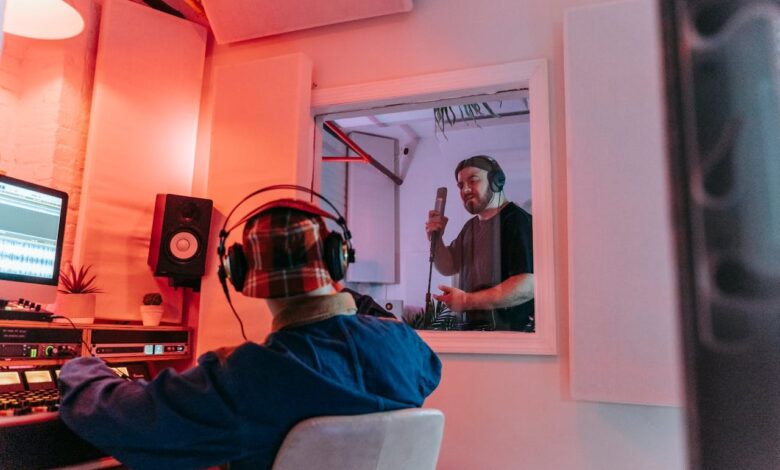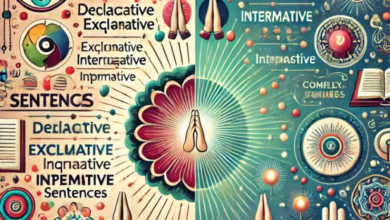5 Tips to Get Exposure as an Up-and-Coming Musician

Although beginning a career in the music industry may be overwhelming to young musicians, exposure can be achieved with the right tactics. Nowadays, almost every artist is equipped with several platforms and can easily reach out to their audience. It does not matter whether you are a beginner singer-songwriter in the making, a band, or a solo musician; knowing how to market your music will help you out significantly. This review will focus on important aspects that will enable you to overcome the hurdles in the industry, attract a following, and improve your standing in the business.
1. Build a Strong Online Presence
In today’s music landscape, having an online presence is essential for any musician. YouTube offers an excellent opportunity to showcase your talents while platforms like Instagram and TikTok can help you reach even wider audiences. To maximize your exposure, share videos and other related content on multiple platforms. Categorize posts based on the type of platform you are using. For instance, Tiktok can be used for short clips, while YouTube can be used for long videos. Staying active as a brand through responses to comments and live stream gains followers. Additionally, use an official website with your music, promotional information, and phone numbers for professionals interested in your work.
2. Network with Other Musicians and Industry Professionals
Exposure can be gained by networking with other artists and with other people in the business. By expanding your connections, you will be able to reach a broader spectrum of your target groups, learn from others in your field, and build new opportunities for development. Attend events and venues where you’re interested in collaborating and explore mentorship opportunities that align with your goals. Other important networking opportunities are also available through SoundCloud and Bandcamp. Select the allies whose working method is comparable to your own and whose goals are consistent with yours — that is the best partnership.
3. Play Live Shows and Get Involved in Your Local Music Scene
Concerts are one of the most effective means of getting close to your fans. It is easier to interact with fans during concert performances at local locations and at open mics, as well as during performances at festivals. These events provide an opportunity to showcase new material, hone your stage persona, and build your performance repertoire. Engagement in the local music scene creates a pattern of performance, and such experiences can lead to higher-level opportunities, such as being called to open for well-known artists or being booked for bigger shows. Helping other musicians in your community helps build your reputation and creates more opportunities as well.
4. Leverage Music Licensing for Greater Exposure
As an up-and-coming musician, gaining exposure can be challenging, but music licensing can help a great deal in solving the problem. Consider looking for websites that help connect musicians to filmmakers, advertisers, game developers, and anyone else who might want an original score. By submitting your tracks for potential sync placement, you can reach a wider audience and also earn money. Network with other musicians and artists and share thoughts and ideas and even promote your licensed music through social networking sites. Stay aware of the latest trends in the relevant sector in order to place your music in an appropriate project. If you have the right passion and imagination, it is possible to use music licensing as a strategy aimed at building a name for oneself against the existing competition that is generally posed by the music industry.
5. Release Music Strategically
Timing is an important factor to consider when coming up with new music. Develop a strategy that generates anticipation, for example, releasing singles that belong to extended play with teasers on social media accounts. Create buzz through press media and influencer marketing campaigns. Make sure your music can be found on streaming services such as Spotify and Apple Music so people can easily find your tunes and share them with others; call up your songs for playlisting to increase the music’s distribution. Well-designed and fascinating covers and graphics also contribute to establishing a strong, unified brand that responds to the audiences.
Conclusion
Getting noticed as a musician requires commitment, tactic, and a keen understanding of how to promote yourself as an artist. By building a strong online presence, networking, performing live, and consistently recording and releasing music, you can increase your visibility in the industry. It is not a one-day thing, but if you stick to these strategies and implement them effectively, they can help you go a long way toward constructing a long-term music future.
Keep an eye for more latest news & updates on Grown Insider!




